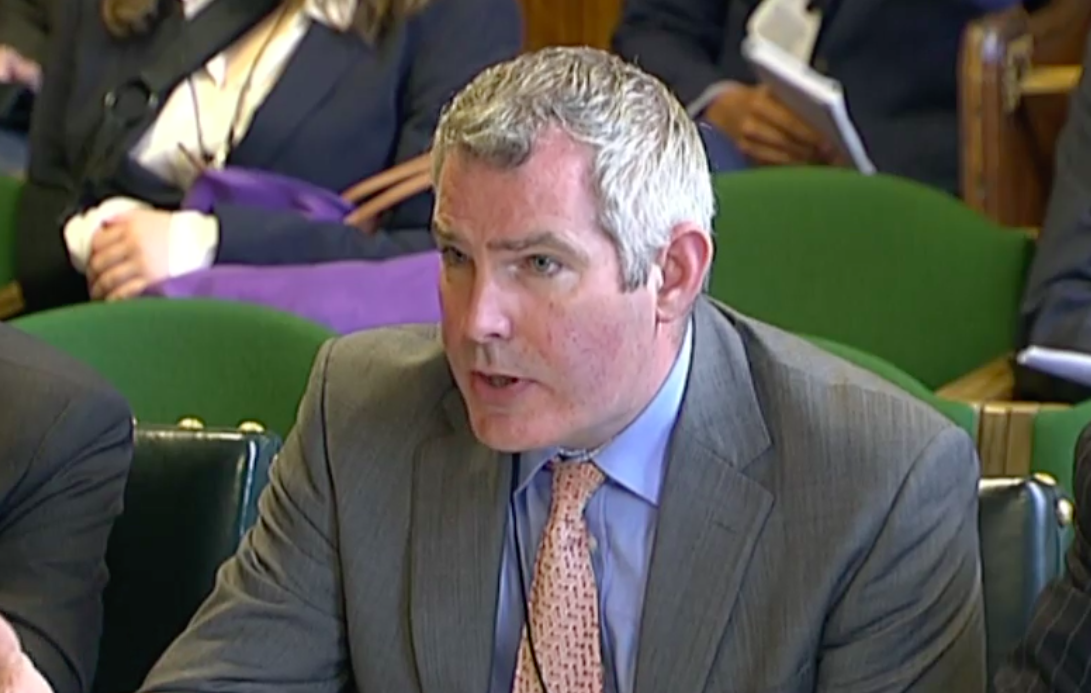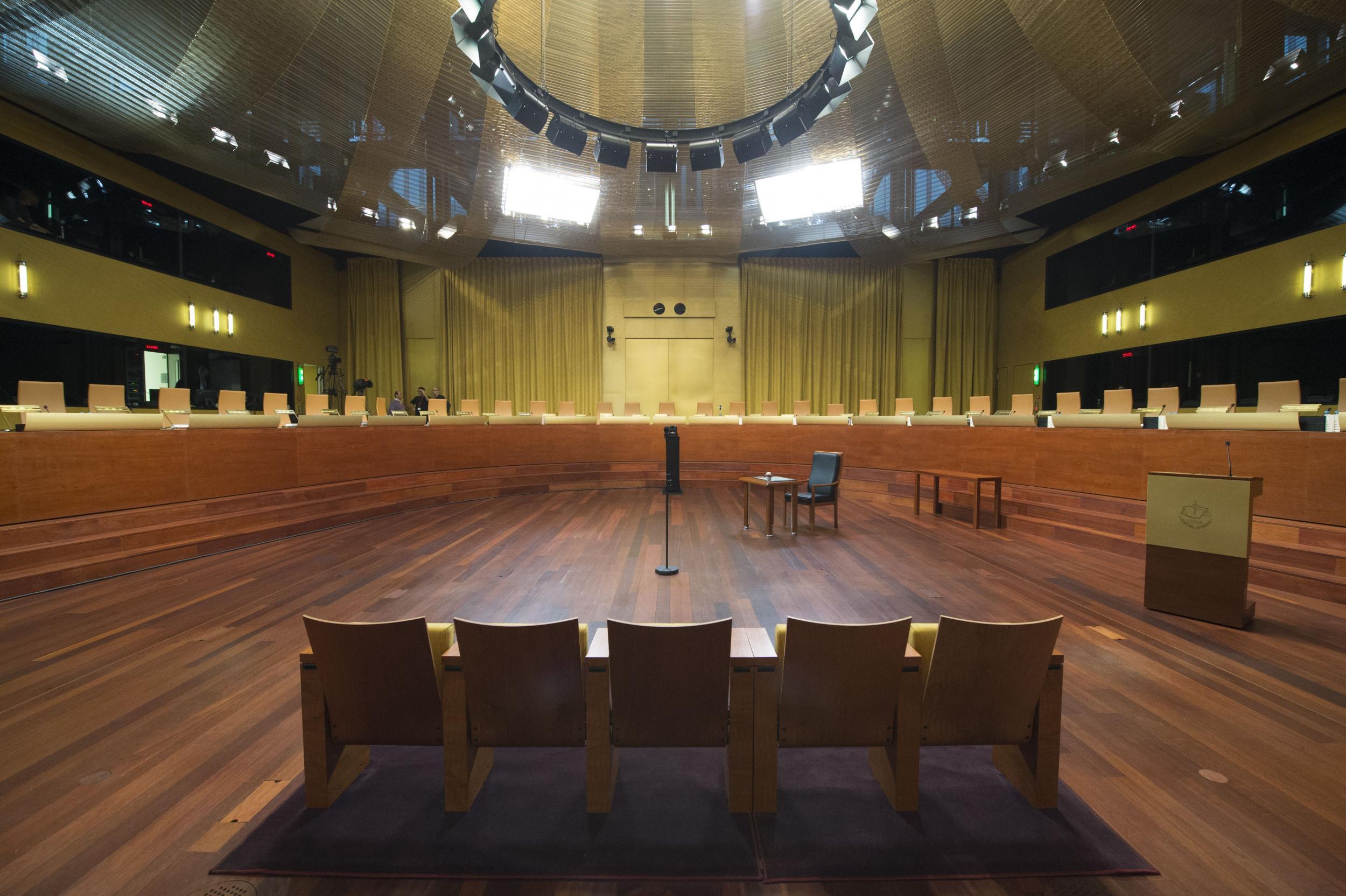Your support helps us to tell the story
From reproductive rights to climate change to Big Tech, The Independent is on the ground when the story is developing. Whether it's investigating the financials of Elon Musk's pro-Trump PAC or producing our latest documentary, 'The A Word', which shines a light on the American women fighting for reproductive rights, we know how important it is to parse out the facts from the messaging.
At such a critical moment in US history, we need reporters on the ground. Your donation allows us to keep sending journalists to speak to both sides of the story.
The Independent is trusted by Americans across the entire political spectrum. And unlike many other quality news outlets, we choose not to lock Americans out of our reporting and analysis with paywalls. We believe quality journalism should be available to everyone, paid for by those who can afford it.
Your support makes all the difference.Britain would still be bound by the judgments of international courts under any serious international free trade agreement with other countries, a leading legal academic has warned MPs.
Professor Michael Dougan, one of the UK’s foremost authorities on European law, warned that Britain would still have to be overruled by a court in Luxembourg if it wanted to retain access to the European single market
The legal warning comes after leading Conservative leadership candidate Theresa May pledged to retain access to the European single market after Brexit.
The Professor of European Law at University of Liverpool advised the House of Commons Treasury Select Committee that membership of the European Economic Area would still see European law being given priority over British law.
“There is still an obligation for EEA states to respect the priority of EEA rules,” he told MPs in a fact-finding session on Tuesday.
“It’s not quite the same as the principle of supremacy of EU law for EU states, but it is still an obligation of priority for EEA rules to take preference over conflicting statutory rules within EEA states.”
He added: “In practice the scholarship from Norway and Iceland tell us there is not an enormous amount of difference from the effect of EEA law within those member states [and the effect of EU law in EU member states].”

Professor Dougan’s evidence also suggested that turning from Europe and towards other countries in the world would not allow Britain to escape being overruled by international courts.
He warned the MPs that that trade deals with any country would inevitably see Britain bound by some form of “independent judicial authority”. Examples of such courts include the so-called “investor state dispute settlement mechanism” being negotiated between the EU and US under TTIP.
“The fact is that any international trade agreement creates obligations for its parties,” he told the MPs.
“Those obligations have to be respected or enforced in some way, any in any advanced form of trade agreement that will involve some independent judicial authority.”
In the run-up to the referendum Remain campaigners warned that leaving the EU to join the EEA would likely see Britain subject to European law but unable to participating in shaping it.
Under the most likely scenario of EEA membership Britain would retain access to the single market, keep freedom of movement, and likely implement most EU rules. It would however not get MEPs in the European Parliament, a European Commissioner, or a minister around the table at EU institutions.
Though Britain would no longer be bound by the European Court of Justice – one of the institutions of the European Union – it would instead be bound by the Court of Justice of the European Free Trade Association States.
Like the ECJ, the so-called EFTA Court is also located in Luxembourg – a 12 minute walk away from its sister institution.
In serious cases countries that breach European law in the EEA can have parts of their membership of the trade bloc suspended to enforce compliance.

Join our commenting forum
Join thought-provoking conversations, follow other Independent readers and see their replies
Comments